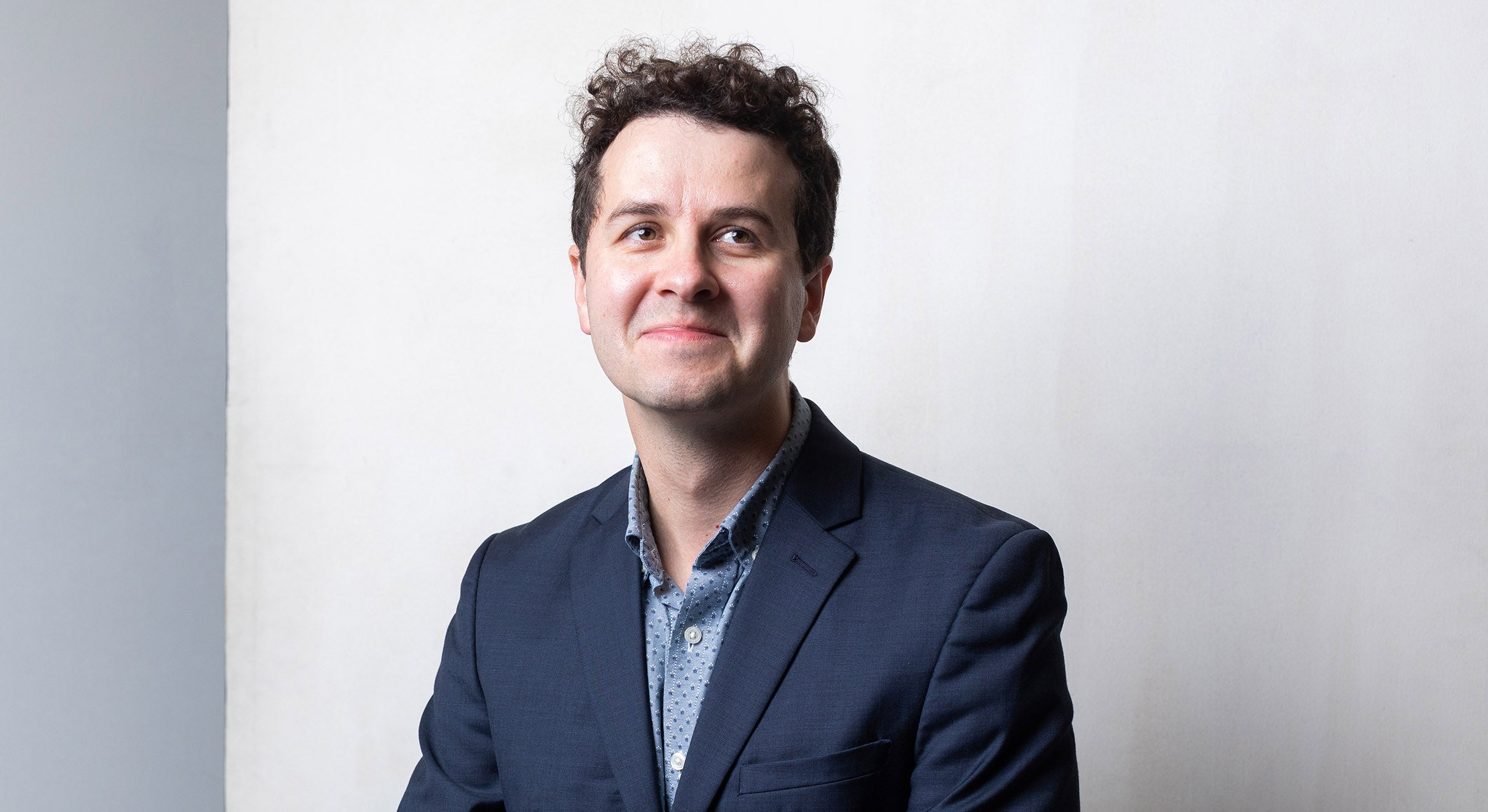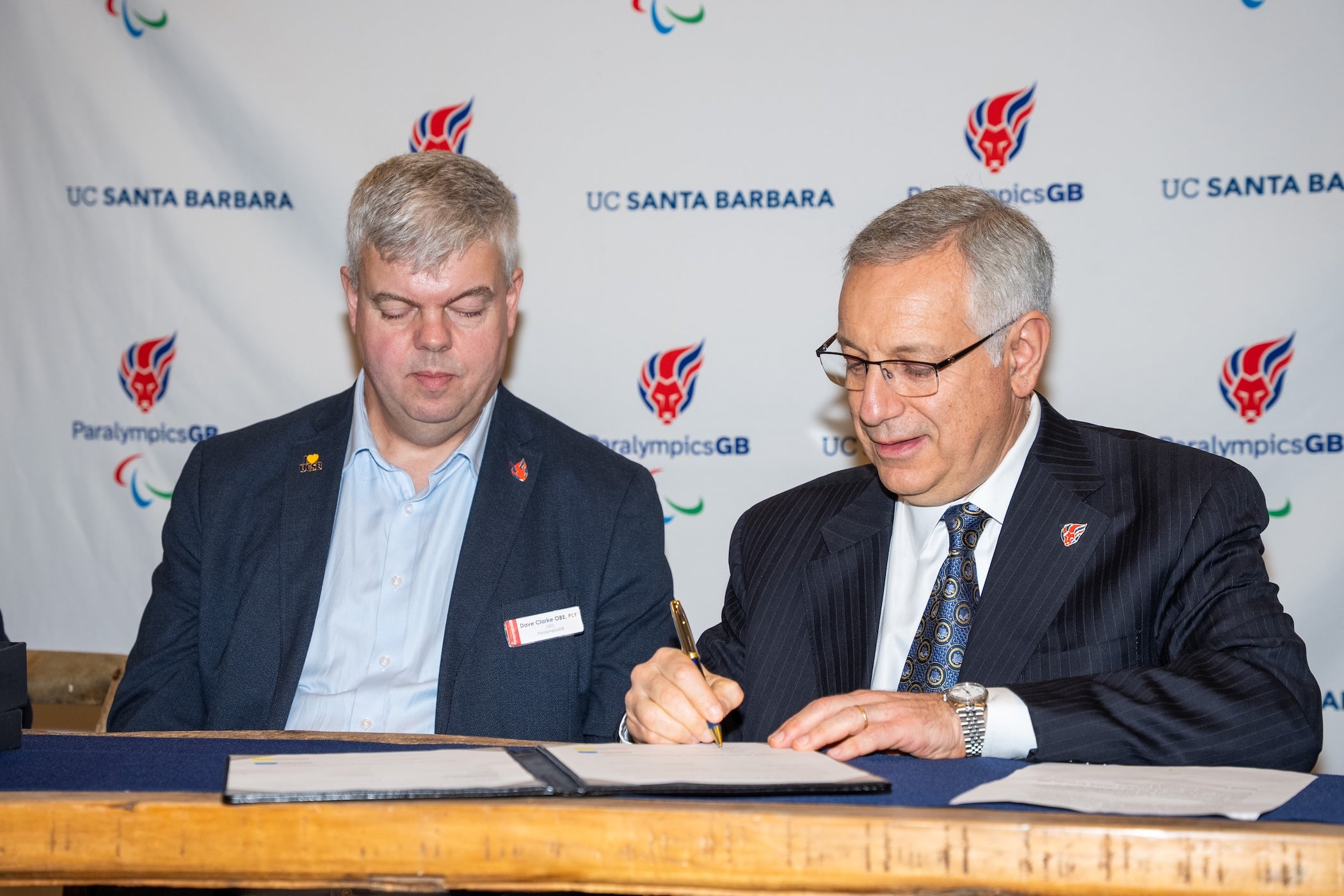
The faculty of UC Santa Barbara has bestowed its highest honor on Tsuyoshi Hasegawa, a professor of history at UCSB. Hasegawa, an internationally recognized authority on Japanese-Russian relations and co-founder and former director of the campus's Center for Cold War Studies, has been named Faculty Research Lecturer for 2010.
In announcing the award, the UCSB Academic Senate noted Hasegawa's extraordinary achievements in research and scholarly work, as well as his impact in the field of Cold War studies. Citing the breadth and depth of his scholarship and productivity, the Senate added that his "rigorous analyses in Japanese are at the center of national debates there, and are much praised for their objectivity in the context of often widespread emotional ire and opinion."
The Faculty Research Lectureship was established in 1955, and Hasegawa is the 55th recipient of the honor. His Faculty Research Lecture, which will take place on campus, will be free and open to the public. The date has not yet been determined.
Last year's recipient of the prestigious honor was the late Reginald Golledge, professor of geography and director of the campus's Research Unit on Spatial Cognition and Choice. Golledge died before his lecture could be delivered.
"I am truly honored and, at the same time, extremely humbled to be chosen for this year's Faculty Research Lecturer award from among many, many other deserving scholars on this campus," Hasegawa said. "I am thrilled to receive this award because it is the university's recognition of the importance of research in the humanities, especially in history. At a time when this country is going through painful transformations, we are constantly reminded of the importance of humanistic values."
An expert in modern Russian/Soviet history and the Cold War, Hasegawa has two main research interests: the Russian Revolution of 1917, and foreign relations between Russia, Japan, and the United States. He is the recipient of dozens of research grants and fellowships, and has authored or edited 15 books, and has published more than 250 articles, essays, and book chapters, written in English, Russian, and Japanese. He has also published numerous analyses of Soviet military and nuclear strategies; Perestroika and the role of Gorbachev in that process; and reforms in other Communist enclaves.
In 2005, Belknap Press published Hasegawa's ground-breaking work, "Racing the Enemy: Stalin, Truman, and the Surrender of Japan." Researched in archives in Japan, Russia, and the United States, the award-winning book suggests that it was fear and a real threat of the Soviet Union's military might –– not the dropping of atomic bombs
–– that led to Japan's surrender at the end of World War II. Acclaimed both here and in Japan, the book has influenced the work of Russian and other European scholars.
More recently, Hasegawa published "East Asia's Haunted Present," which explores the bitter historical memories that have resurfaced in recent years and led to contentious issues between Japan and its neighbors.
"Dr. Hasegawa's scholarly achievements extend beyond his own discipline of history," said Howard Giles, professor of communication and a member of the 2010 Faculty Research Lecturer Committee. "Writing in the English, Japanese, and Russian languages, he has challenged established ways of explaining important historical events. He has radically changed the way global history is now cast and has made extraordinary contributions to our understanding of civilization."
Hasegawa earned his Ph.D. from the University of Washington and completed his postdoctoral work at Columbia University. Before joining the faculty at UCSB in 1990, he served on the faculties of the State University of New York at Oswego, and at the Slavic Research Center at Hokkaido University. The center is the only research institute in Japan that specializes in Soviet and East European affairs.



